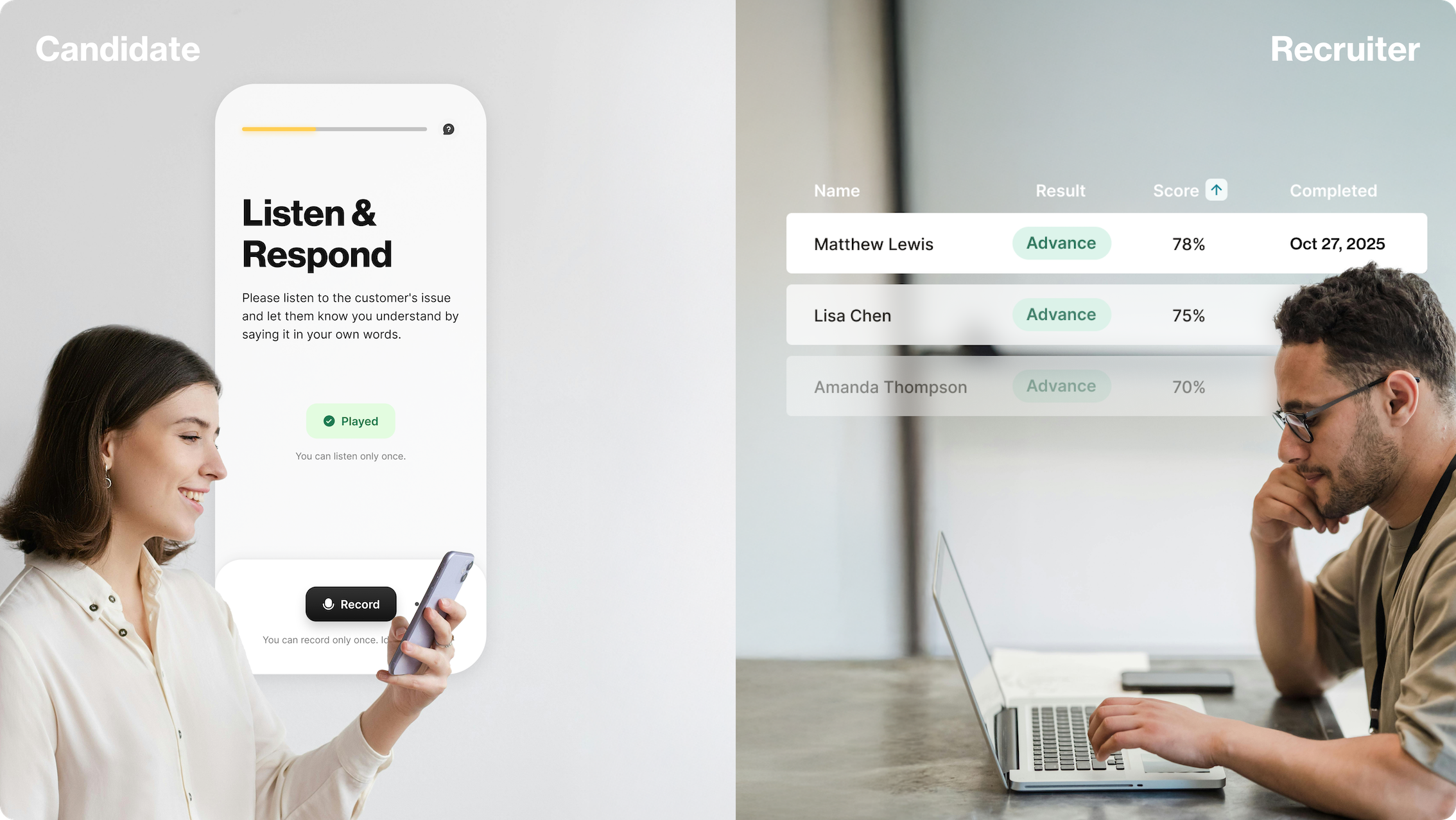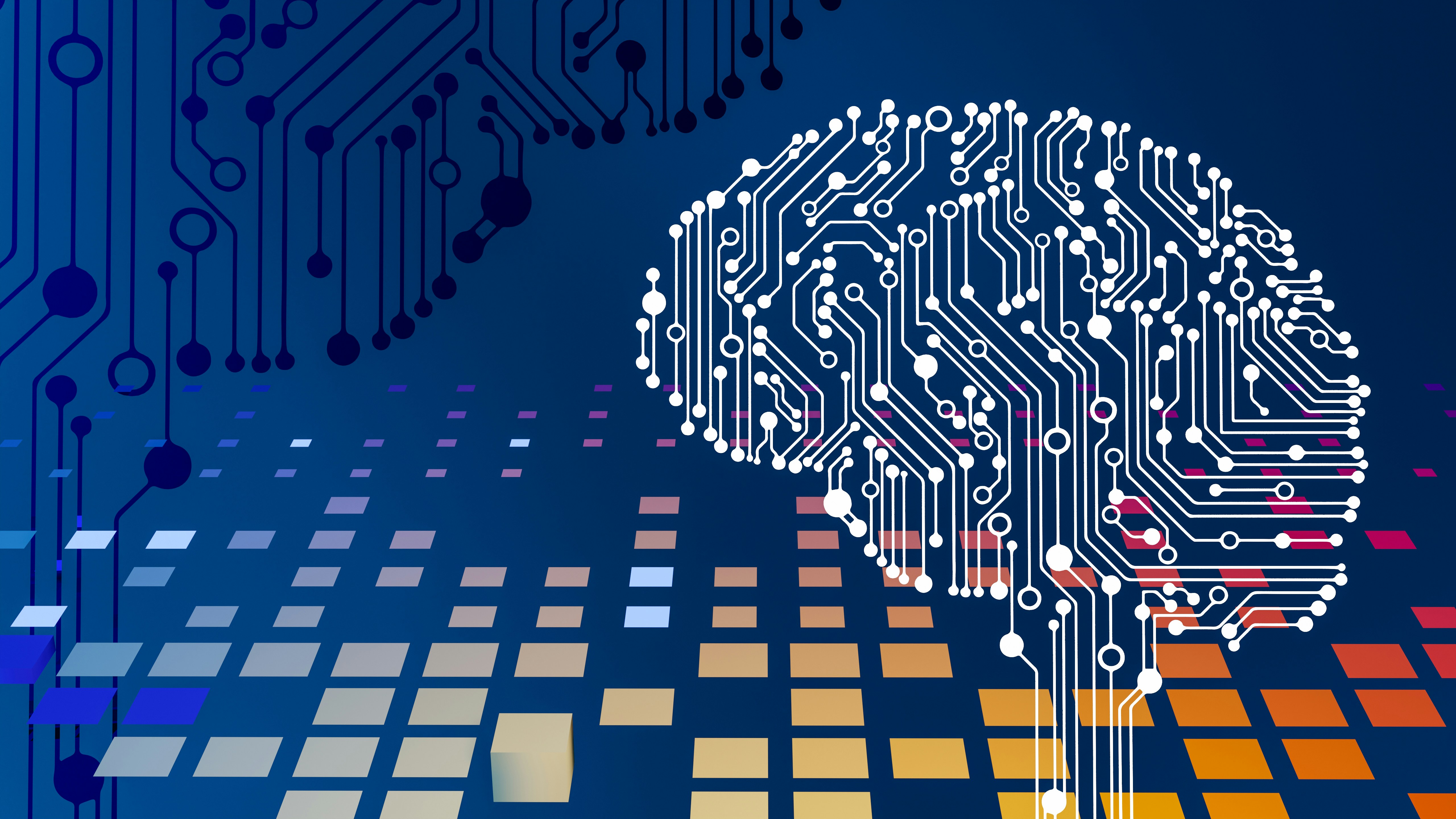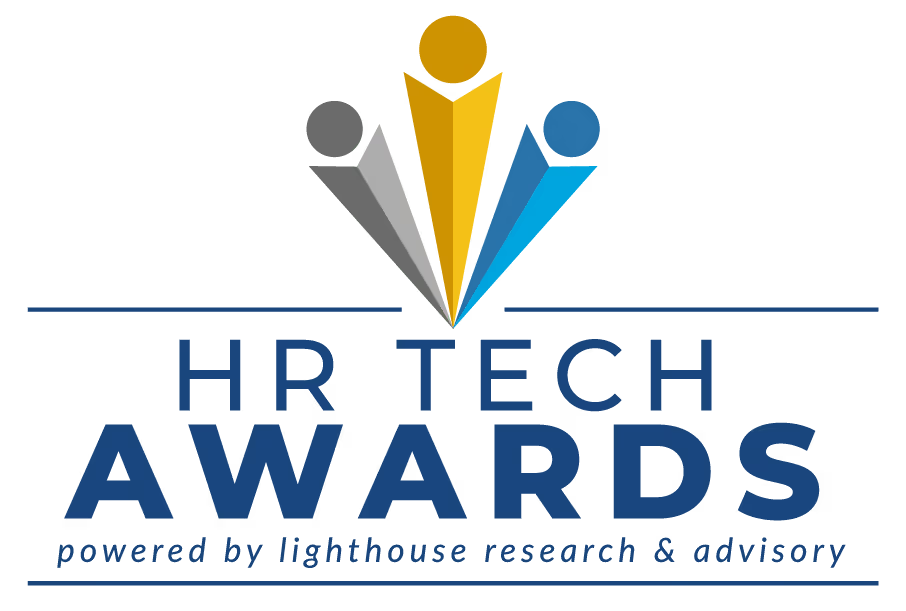
Approximately 80% of organizations are expecting to increase their investment in AI and Gen AI, according to McKinsey. Within the call center realm, the AI market was valued at 1.6B USD in 2023 and is expected to grow another 19% this year. Just the number of digital voice assistant “units” in existence in 2024 exceeds the number of people on this planet!
It is for valid reason that the fear of being replaced by technology is rampant within call centers around the globe. Gen AI has made matters worse with unprecedented media coverage and adoption. IBM explains:
“Artificial intelligence has gone through many cycles of hype, but even to skeptics, the release of ChatGPT seems to mark a turning point. The last time generative AI loomed this large, the breakthroughs were in computer vision, but now the leap forward is in natural language processing (NLP). Today, generative AI can learn and synthesize not just human language but other data types including images, video, software code, and even molecular structures.”
While AI and Gen AI advancements are exciting for struggling contact centers, AI can’t do the job of agents entirely. More importantly, customers don’t want them to.
Let’s take a look at how Gen AI differs from AI, and how these technologies are improving call centers today.
How is Gen AI Different From AI?
Artificial intelligence (AI) is a discipline of data science that encapsulates techniques like machine learning, neural networks, deep learning, natural language processing, and more. IBM defines AI as “technology that enables computers and machines to simulate human intelligence and problem-solving capabilities.” AI is one or many algorithms with the ability to learn from data in order to make decisions like a human brain would.
Gen AI, more formally known as Generative AI, leverages the AI technology described above to generate content. TechTarget defines Gen AI as “a type of artificial intelligence technology that can produce various types of content, including text, imagery, audio and synthetic data.”
Applications of AI in Contact Centers
The use of AI in contact centers can be broken down into three broad categories: agent experience, customer experience and contact center operations. Proceedureflow captures this categorization in their diagram below:

To be more specific, Zendesk says AI is used for quality control, to reduce call times, measure customer sentiment, and enhance knowledge management. In addition to above, CX Today lists 20 examples of AI use in contact centers, like natural language processing that can automatically identify why a person is calling. Or AI that uses historical data, real-time data, and the customer profile to guide agents on what to do next during a live customer interaction. This Forbes author talks about how call centers are using AI to simulate the potential outcomes of different configuration scenarios to make more informed decisions. In hiring, soft skill AI assessments can be tailored to the call center’s role and industry to scientifically measure a candidates’ soft skills and guarantee better hires.
Applications of Gen AI in Contact Centers
There are so many possibilities for AI in contact center environments. Gen AI is one stream that’s getting more attention and for good reason. e-Week breaks down a number of existing application of Gen AI in contact centers today, like customer support during off-hours, call recording summaries, automated followups, enriching communications, and more.

Contact centers are primarily using Gen AI as chatbots and virtual assistants, where as before these technologies relied on preset answers, now Gen AI allows for more dynamic automated interactions. “By infusing Gen AI-enabled virtual assistants and chatbots in the call flow ahead of the contact center, brands can automate the bulk of customer queries, such as product inquiries, information requests, scheduling, payment and order status updates, helping to reduce hold and handle times and ultimately decreasing the cost per call,” says Frank Fawzi, President and Chief Executive Officer at IntelePeer. Contact centers can even outsource Gen AI!
The Benefits of Gen AI in Contact Centers
We caught up with Xira’s US Operations Director, Bernardo Camarena, at CCW Vegas this year and he explained that contact centers can lower costs by outsourcing Gen AI from nearshore and offshore environments. He told us:
“Gen AI conversations have been at the forefront of the cost reduction discussion for call centers. Xira has been in the AI industry for more than 8 years and we automate customer and enterprise communications with Gen AI. Companies who are able to access AI through nearshore partners, Mexico in this case, benefit from a significant cost reduction compared to onshore competitors in the United States, and we’re seeing more and more contact centers taking advantage of this.”
Aside from lowering costs, contact centers are experiencing a myriad of benefits from AI technologies, including Gen AI. Google explains that the benefits of their call center AI include increased agent productivity leading to better call handling times, and improved or more personalized AI CX experiences. Additional benefits can include:
- Greater customer satisfaction
- Streamined quality management
- Data-driven insights for better decision making
- Predictive and speech analytics
- Operational efficiencies
- Increased revenue
Looking specifically at Gen AI, Fawzi explains contact centers are actually using this technology to reduce the cost per call below the industry average. This is because with AI triaging basic customer queries, live agents are free from tedious tasks and can instead perform “higher-value interactions.”
With so many applications of AI to choose from and so many benefits to gain, this technology should be everywhere in contact centers, but that may not be the reality.
AI Adoption in Contact Centers
There have certainly been mixed reactions about AI in contact centers. Gartner predicted that 80% of customer service would be using some form of Gen AI for CX purposes by 2025, and even though approximately 30% of agents would be replaced with the technology, many new jobs would be created in the process. While this is optimistic given the loss of agent jobs, not everyone agrees on these forecasts.
McKinsey says that Gen AI adoption inside contact centers hasn’t been uniform and some are struggling to see value. Another survey conducted by Limitless of contact centers and agents worldwide found that respondents were encouraged by AI, but not convinced about GenAI. They thought it wasn’t useful and 32% said the impact of GenAI isn’t clear. Contact centers have had a checkered response to AI adoption and the data tells a similar story.
Whether or not contact centers are rapidly adopting AI or not, the bigger question is whether they should. 64% of customers recently surveyed by Gartner would prefer that companies don’t use AI in customer service, with their top fear being that it becomes even more difficult to reach a human. Forbes reported on another recent survey that revealed customers would rather wait on the line for a few minutes to speak to a human than speak to an AI chatbot right away. Indeed reaching the human is the golden standard and human service just can’t be completely automated.
Challenges Associated with the Adoption of AI in Contact Centers
Additional challenges rise around implementation given risks related to data security, data integrity and overall compliance. One source explains that the rapid rise of AI adoption in contact centers has also created additional vulnerabilities, and data breaches have been reported as recently as 2023. They say “The sudden surge in the popularity of artificial intelligence in call centers also brings significant data privacy concerns. Even companies like OpenAI aren’t immune to data breaches… that exposed personal customer information.”
As new AI laws and regulations take shape around the globe, companies who make and sell algorithms have to be aware and develop their products accordingly. HiringBranch CEO, Stephane Rivard, cautions “AI technology providers need to work hand in hand with the legislative framework and keep these types of changes front and center in their development pipeline.”
Augmenting the Human Experience with AI in Contact Centers
With all of the concerns and complexities of AI, can humans really be replaced in contact centers? No. Agents have complex jobs, and they could be dealing with as many as ten systems at a time, while handling live calls and hitting different metrics. Having an AI assistant sounds nice given these very real circumstances that so many agents are in on the daily. And this is just one application of the technology. As seen above, there are a myriad of ways AI can be used to assist humans at work, and so many benefits contact centers can gain in the process.
The idea of augmenting human service and operations with AI, and Gen AI solutions, is more digestible than replacing humans with AI in contact centers altogether. Besides, humans and AI working together can achieve better outcomes. With AI on their side, human agents are free to solve more complex problems. For example, calls can be automatically escalated to better quality agents with a track record for better resolution. This is just one of so many AI-in-call-center examples!
With all that excitement in mind, the end client, the customer, will only tolerate so much machine service. Chatbots may be increasing, but the demand for human service hasn’t diminished as a result - instead it’s shone a spotlight on how much humans appreciate problem solving with other humans. Contact centers can benefit most from AI used behind the scenes without impacting the customer experience. Our verdict on AI for call centers? We're a-ok with AI that enhances the human experience, whether that's agent, customer, or operator.
Feature Image: Unsplash/Andrew Neel
All screenshots taken by author, August 2024.
Image 1 Via Proceedureflow
Image 2 Via eWeek






































.jpg)

.jpg)


























.jpg)




.png)
.png)



































.webp)





.svg)